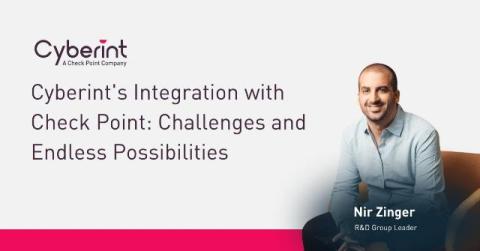Deepfake Videos on YouTube: A Growing Cybersecurity Threat
The technology behind deepfake, AI that swaps faces in videos, is moving fast. It's not just that deepfakes are now easier and more difficult to detect. It's that their presence on YouTube and other platforms raises serious concerns about privacy, consent, and misinformation. In this article, we explore how deepfakes have risen on YouTube, what dangers they bring, and why fighting them is an escalating cybersecurity challenge.











